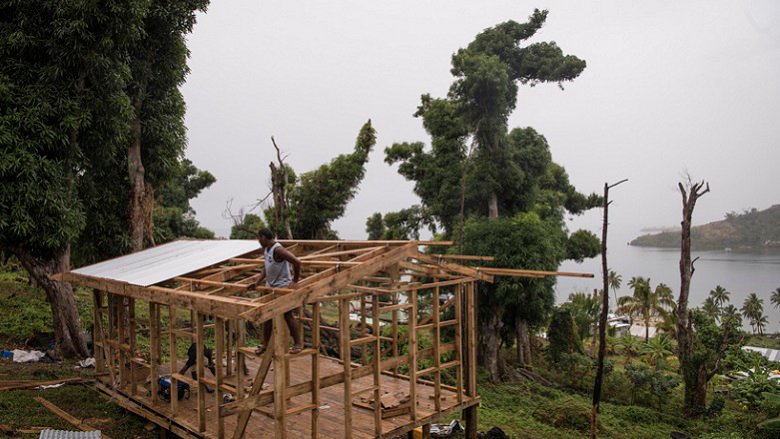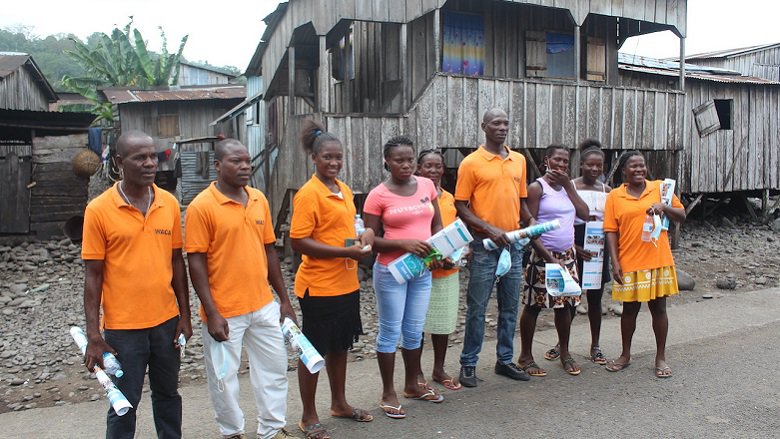TuvaluˇŻs Foreign Minister Simon Kofe to address climate leaders at the 2021 global climate summit from a podium immersed in the ocean. Minister Kofe drew attention to the vulnerability of his Pacific nation to rising seas in a warming world in his video message for COP26. He also showed that small island developing states like his are experiencing these impacts now and have lessons for nations that will feel comparable impacts in the coming years.
From Tuvalu to Dominica, from the South Pacific to the Caribbean, small island states are on the frontlines of climate change. The threats they face are varied ¨C from sea level rise that is reshaping and flooding low-lying places like the Marshall Islands and Tuvalu, to increasingly severe storms that have ravaged Fiji and Vanuatu in the Pacific, S?o Tom¨¦ and Pr¨Şncipe in the equatorial Atlantic, and Dominica in the Caribbean.
Already a threat, is likely to worsen in the next three decades. Along with the loss of homes, roads and other infrastructure, rising seas pose for small island states -- including imperiling their territorial rights, access to resources, and raising questions about internal and external migration as residents seek higher ground. Adapting to climate change and increasing resilience to its impacts are becoming increasingly important.
ˇ°In the past, our country has focused really heavily on mitigation; we focused on trying to get countries around the world to lower emissions,ˇ± said Kathy Jetnil-Kijiner, a poet and climate activist in the Marshall Islands. ˇ°But adaptation allows us to take a more personal, introspective look at our country and our nation and make sure that we are ready first for whatever is to come.ˇ±
The Marshall Islands is developing a 10-year plan to prioritize actions for climate change adaptation in the short term as well as options for the longer term, as it looks to urgently respond and adapt to the threat of climate impacts and rising sea levels.




